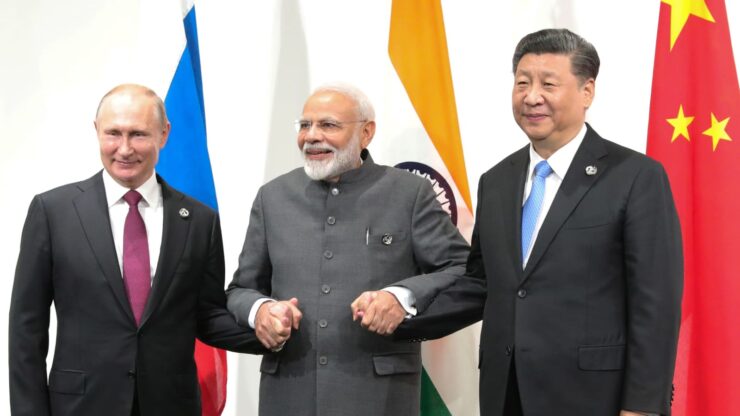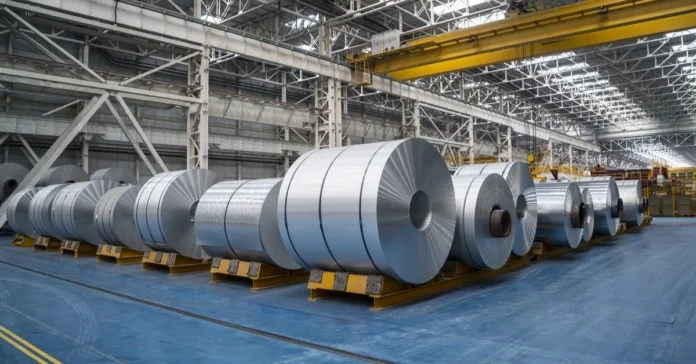
New Delhi: The new government has a tough battle ahead in not only countering China and standing up to it in a hostile neighbourhood but also in making tough decisions on its strong ally and old friend Russia. The evolution of the China-Russia-India relationship will determine the fate of the Indo-Pacific.
The defence establishment in India is sounding an alarm, which is growing louder by the day. India can no longer ignore the Russia-China bonhomie. The Indian Minister of Foreign Affairs, S Jaishankar, has defended the India-Russia partnership as unaffected by the newly found Russia-China “friendship with no limits”.
On May 24, Swasti Rao, Associate Fellow at the Manohar Parrikar Institute of Defence Studies and Analysis (MP-IDSA), a think tank of the Indian Ministry of Defence, published an op-ed calling for India to de-risk itself from Russia. This was an institutional first, and Rao was attacked on social media by veteran Indian diplomats. This also brought to light the amount of influence the Kremlin continues to wield in Delhi.
On May 27, Rao’s op-ed was followed by another piece , this time by retired Gen M M Naravane, India’s former Chief of Army Staff, cautioning the Indian government to sharpen its act. Naravane warned that India could no longer take Russia’s support for granted, especially in the Indo-Pacific, given Russia’s increasing dependency on China.
The Russia-China bonhomie and India’s balancing act between Moscow and Washington only reiterate what the 19th-century British statesman and Prime Minister Lord Palmerston apparently once said: “There are no permanent enemies and no permanent friends, only permanent interests,” Naravane said, underscoring the need for India’s new government to keep Moscow on notice.
This demand by the defence establishment for India to pivot away from Russia was addressed on May 30 by Antara Ghosal Singh of the ORF Foundation. Singh, offering a counterpoint, argued that in the triangular dynamics between China, Russia, and India, China has little option but to accept deeper India-Russia ties, face the risk of losing Russia to Indo-Pacific geopolitics, or have India slip further into the arms of the US.
The rare public difference of opinion between the two pillars of India’s global outreach, its defence ministry and its ministry of external affairs, comes at a time when India just wrapped up its national elections and a Modi 3.0 government will take oath on June 9. It also comes at a time when the world is distracted by the continuing war in Ukraine, the Israel-Hamas conflict, the political instability in Iran, which is a key belligerent in the Middle Eastern conflict, China’s war games with Taiwan, and its aggression in the South China Sea against the Philippines.
This also comes at a time when President Putin is making forays into the Sea of Andaman, taking over the port at Dawei and the formation of the Squad, a new US-led grouping in the South China Sea that does not include India takes shape.





